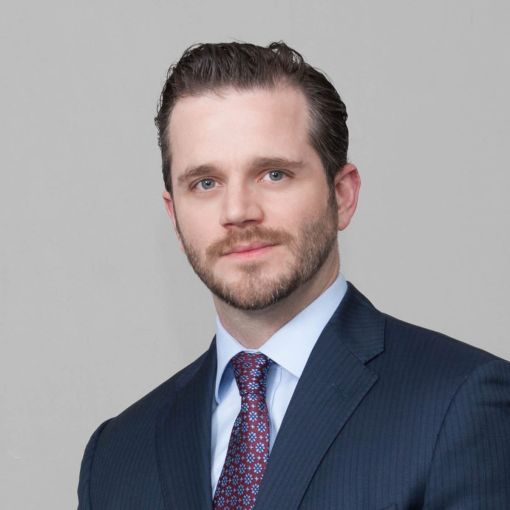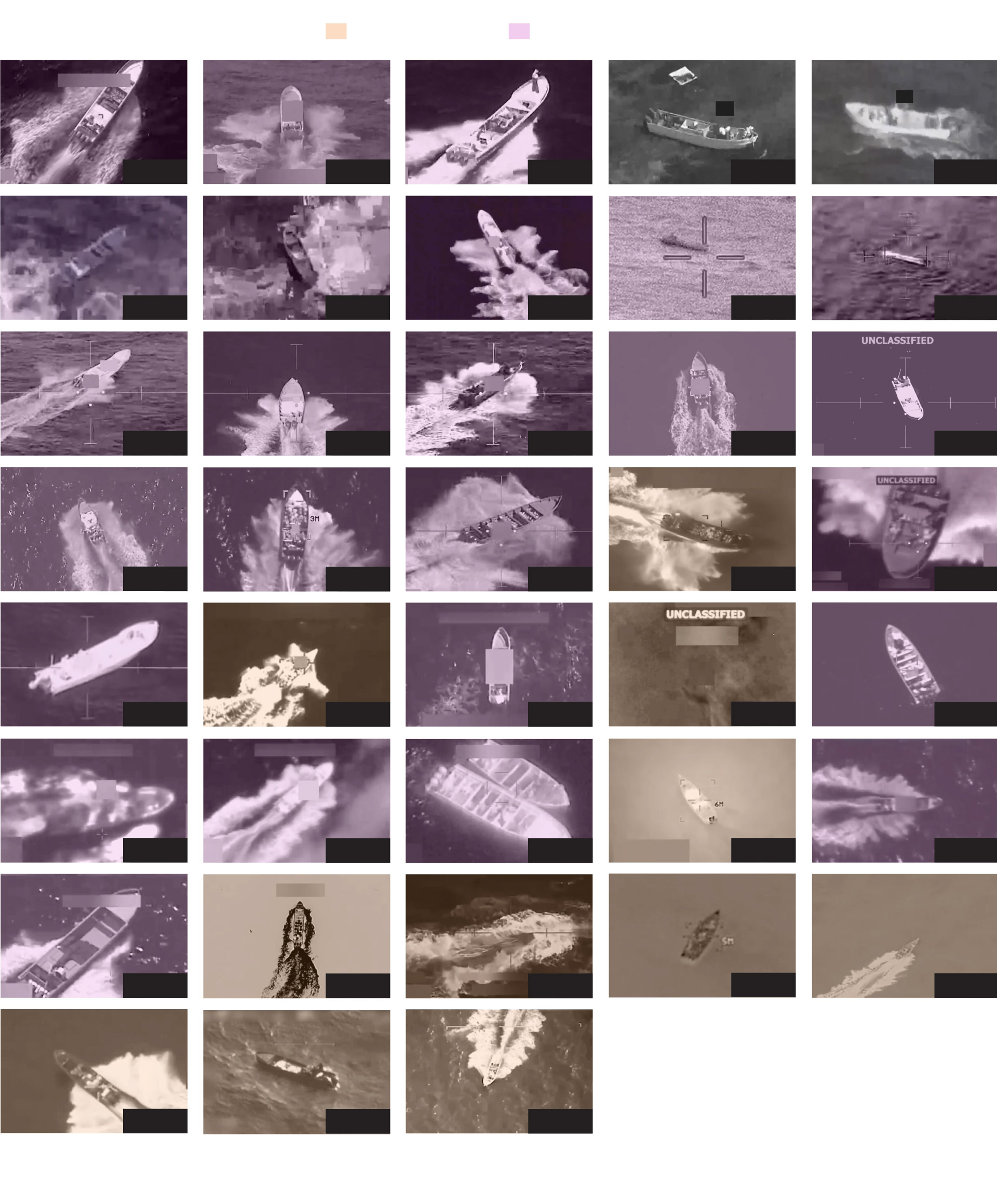Ballard Spahr Lawyer Talks Tracking COVID-19 Stimulus Fraud (Literally)
BY MACK BURKE AUGUST 17, 2020 1:13 PM
REPRINTS
BALLARD SPAHR PARTNER-ELECT, TERENCE GRUGAN. COURTESY: BALLARD SPAHR
Just after the first rounds of COVID-19 stimulus were released by the government, law firm Ballard Spahr’s Terry Grugan and Laura Gavin, based in Philadelphia, began combing through the websites of government agencies looking for keywords related to the virus, stimulus and policy.
The daily goal was to compile information and formulate an interactive system tracking COVID-19 stimulus fraud and detailing the federal government’s earliest responses and legal actions against it.
Together with one of the firm’s internal tech and innovation divisions, they’ve developed a detailed, real-time system — updated daily — where you can track a variety of alleged violations, like securities, bank and Paycheck Protection Program (PPP) loan fraud, among several others, and enforcement across nearly a half dozen government agencies. The firm officially launched it late-last month.
The country is now several months into the pandemic, with another round of stimulus supposedly on the way, should Congress and the White House eventually agree on terms. But disruptions caused by the virus and mitigation efforts have distracted the federal government from undergoing larger campaigns to track down and prosecute fraudulent behavior and misconduct that will have inevitably resulted from the trillions of dollars in support that originated from its coffers. To date, Congress and the Federal Reserve have passed bills approving or directly provided trillions of dollars in fiscal support programs and monetary assistance, respectively, with the Fed expanding its lending programs on July 28 until the end of the year.
Grugan spoke to Commercial Observer in late last month to discuss the system itself and the U.S. government’s stimulus response and subsequent enforcement.
Commercial Observer: Tell us what drove the system’s inception.
Terry Grugan: When you have government spending or programs, or any kind of spending or programs, there’s always fraud. So, it was obvious that with these stimulus programs there would be a lot of it. That was compounded by the fact that the programs themselves were being negotiated in Congress very quickly, so they wouldn’t, and didn’t, receive the same type of legislative scrutiny that other legislation typically would. That means there are unintended holes that people would probably take advantage of. Using PPP as an example, within a week or two of the CARES Act being passed and signed into law, they had expected that money to start going out the door, so some recipients of the money couldn’t be subject to the same kind of scrutiny they typically would — another area where people could take advantage. Here, you have every area of the country and every area of the economy touched, so there are almost limitless ways you could take advantage of these programs. We wanted to get out ahead of it and see what was going on from an enforcement standpoint and literally track it and see what the government is doing and —over time — learn what its priorities are, what the trends are and what kinds of interpretations the DOJ or SEC or other agencies are applying to these laws. [We wanted to be able to] follow along in real time to understand what’s happening, so we can better predict what’s going to come later, as opposed to doing everything retrospectively.
How did you begin collecting the data and information?
While it’s still early, what actions have become more prevalent and in what sectors? What sticks out to you?
READ MORE >> Commercial Observer Newsletter


